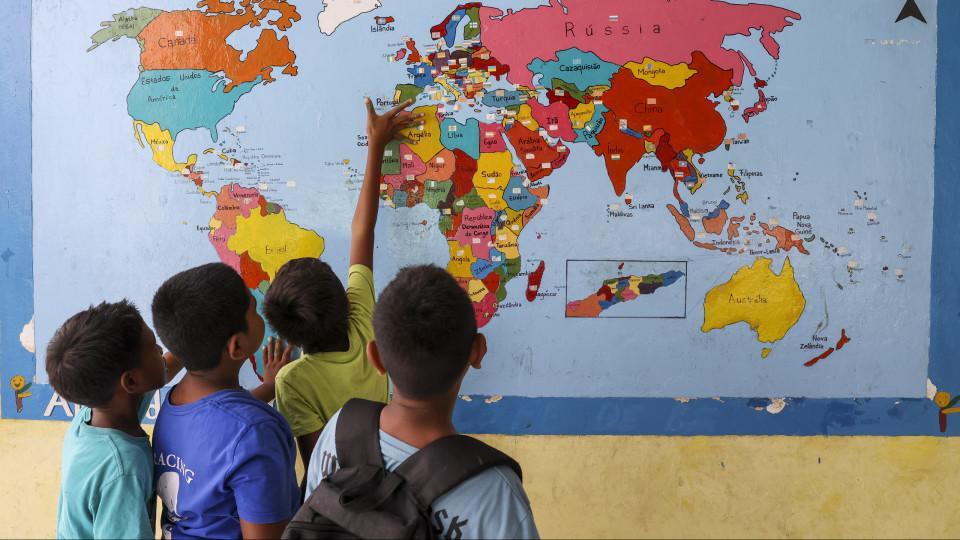Africa-Press – Cape verde. Two civil society organizations in East Timor expressed concern on Thursday about the lack of transparency in the process of amending the Basic Law on Education, approved in general terms by parliament on Monday.
“Parliament drafted this bill based only on limited parliamentary oversight, which did not involve important social actors such as parents’ councils, local communities, religious groups, teachers’ unions and other relevant parties,” said the Timor-Leste Coalition for Education and La’o Hamutuk in a joint statement.
On Monday, the Timorese parliament approved in general terms, with 37 votes in favor, zero against and 15 abstentions, the new Basic Law on Pre-School Education, Basic and Secondary Education, Special Modalities of School Education, Extra-School Education and Vocational Training, which would repeal the 2008 law.
The new law will still be debated in detail.
According to the statement, the process “does not represent the aspirations of all the people of Timor-Leste and continues to reflect elitist political decisions that sacrifice the collective interest in the education sector”. The two organisations suggest that parliament should consult experts in the sector, members of civil society, teachers’ unions and other academics during the specialised discussion phase, in order to improve the content of the law. La’o Hamutuk and the Timor-Leste Coalition for Education also recommend that the new law make a strong commitment to the principle of equity. The organisations argue that the objectives should be to ensure that the education system produces students with the capacity for critical analysis and to reduce educational inequalities between rural and urban areas. They also recommend an increase in the budget allocation for the education sector, which, the two organisations point out, “faces serious problems in terms of infrastructure, including libraries, sanitation, laboratories and teacher training”. Another recommendation is related to the protection of students, with civil society arguing that the new law should “strengthen the mechanisms for preventing and responding to cases of conflict, abuse and sexual harassment in schools”.
“We recognise that the challenges in the area of education are complex, but this cannot serve as a justification for denying the necessary investment to the education sector within the scope of the General State Budget each year”, they add.
According to the chairman of the parliamentary Committee for Education, Youth, Culture and Citizenship, Armando dos Santos, the change to the law is “very important” to align secondary education with higher education, adapt education to the national reality and guarantee a quality, fair and equitable education system.
For More News And Analysis About Cape verde Follow Africa-Press






